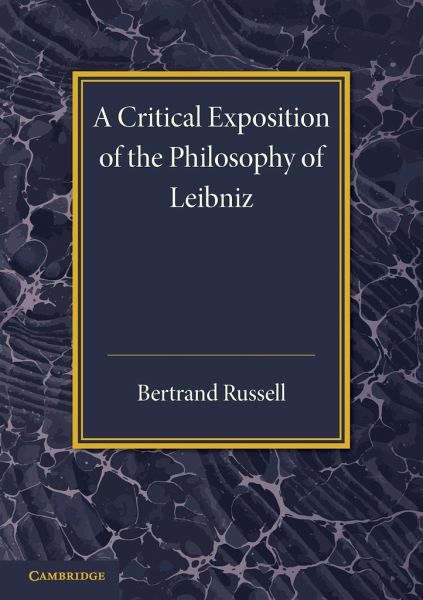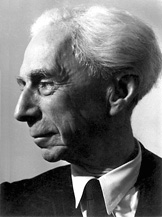
A Critical Exposition of the Philosophy of Leibniz
Versandkostenfrei!
Versandfertig in 1-2 Wochen
45,99 €
inkl. MwSt.

PAYBACK Punkte
23 °P sammeln!
This book provides the original text of A Critical Exposition of the Philosophy of Leibniz, which was first published in 1900. An example of Russell's early thought, the work took particular inspiration from the letters to Arnauld and the Discours de Métaphysique in developing a comprehensive theory of Leibniz's system. The text of the first edition is provided in its entirety, including an appendix containing extracts from Leibniz, classified according to subject. This book will be of value to anyone with an interest in Leibniz and the early philosophy of Russell.





